Discussions
Disease Therapy
Humoral immunity is mostly dependent on highly specialized, naturally occurring molecules called antibodies. They are the primary means by which the immune system identifies, neutralizes, or gets rid of invading organisms such as bacteria, viruses, fungi, and parasites. Since the late 19th century, antibodies have been employed as medicines to treat infectious disorders in the form of patient- or animal-derived sera. Since the 1970s, when monoclonal antibodies (mAbs) were developed, the concept of antibody therapy—which targets tumor-specific antigens—has drawn more attention than just infectious disorders.
Antibodies fall into five primary classes, each having a different function: immunoglobulin (Ig) A, D, E, G, and M. The most researched and often utilized isotype of a therapeutic antibody among them is IgG. Because of their benefits over IgG antibodies, non-IgG antibodies (IgA, IgE, and IgM) have shown tremendous promise in the treatment of some disorders. Numerous non-IgG antibodies have been used in the clinic thus far, with positive outcomes in the treatment of a few diseases.
